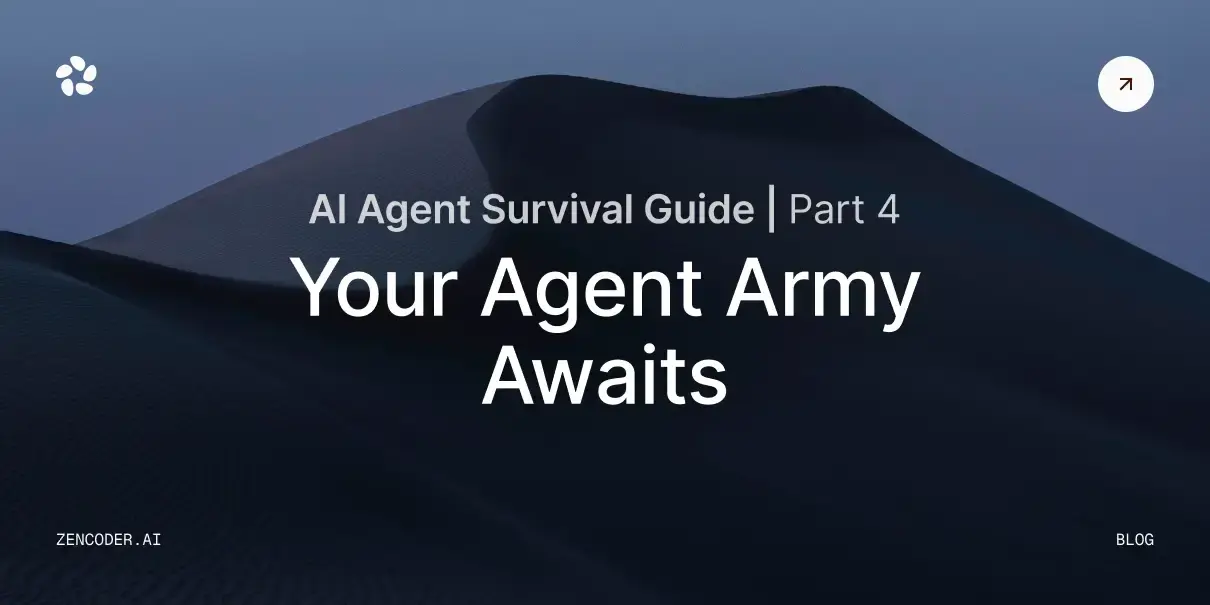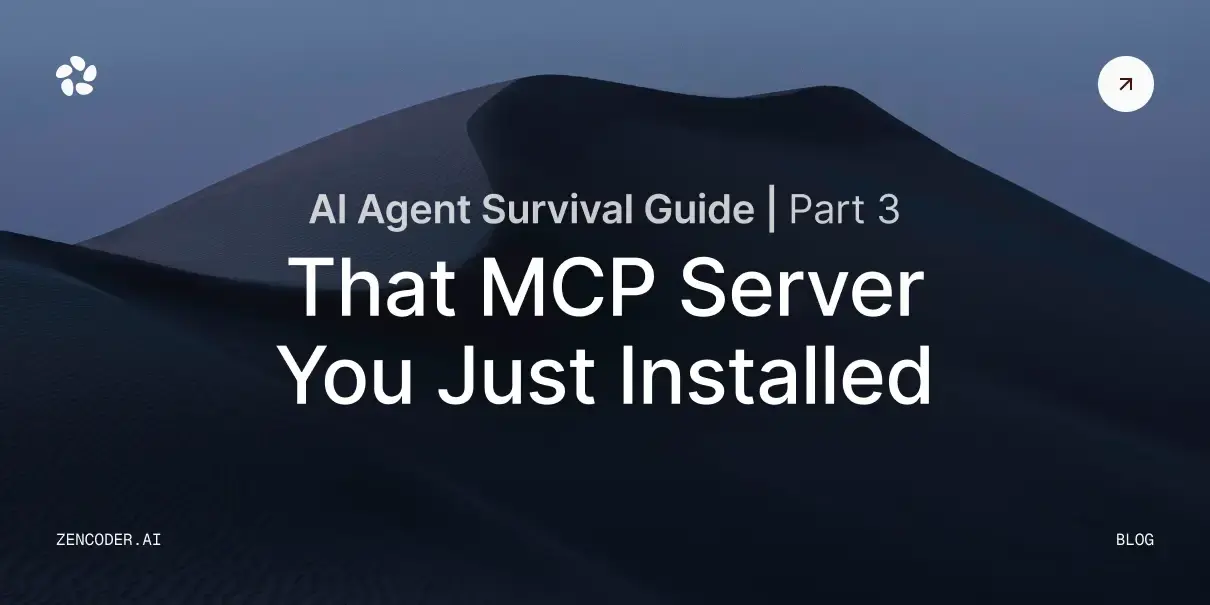The role of AI in ERP development is fundamentally changing how organizations manage their core operations. From the automation of once-manual tasks to enabling sophisticated predictive maintenance, artificial intelligence is evolving Enterprise Resource Planning (ERP) systems into smarter, more agile tools that foster innovation and boost productivity. This article delves into the significant impact of AI on ERP development and maintenance, offering insights for businesses looking to leverage this technology to maintain a competitive edge in 2025 and beyond.
Whether you are a business leader, a software developer, or a technology enthusiast, this guide will explore key advancements in AI-driven ERP systems. We'll cover areas such as automated prototyping, dynamic customization, predictive maintenance, and the broader implications for how businesses operate.
What we'll cover in this article:
- Understanding ERP Systems
- The Ascent of AI in Software Development
- AI's Influence on ERP System Design
- AI-Powered Customization and Configuration
- The Role of AI in ERP Maintenance
- Benefits and Challenges of AI in ERP
- How Zencoder Can Assist
Understanding ERP Systems
ERP systems serve as the operational backbone for modern businesses. They are comprehensive software solutions designed to unify disparate functions—from data management and financial accounting to resource planning and customer relationship management (CRM). Effective ERP implementation is key to consolidating these processes, as it provides a single source of truth. This cohesive approach is vital for improving productivity and facilitating informed decision-making across all departments.
The widespread adoption of ERP systems underscores their critical role in aligning day-to-day business activities with overarching strategic objectives. In an environment where agility, efficiency, and data-driven insights are paramount, robust ERP systems are a cornerstone of sustained competitive advantage.
The Ascent of AI in Software Development
Artificial Intelligence is no longer a futuristic concept but a present-day catalyst revolutionizing software development, and its application to AI in ERP systems is particularly profound. By harnessing vast datasets and sophisticated algorithms, AI automates repetitive tasks, significantly reduces the potential for human error, and accelerates development lifecycles. This shift allows development teams to redirect their focus towards higher-level problem-solving and innovation. For a broader look at AI's role, consider exploring our blog post on how generative AI can help you improve software development.
AI-driven tools are transforming the entire software development lifecycle, from design and testing to deployment and maintenance. For instance, conversational AI and machine learning algorithms are making it easier to identify and resolve bugs, contributing to more robust and reliable systems with minimal downtime. These advancements are paving the way for intelligent code generation—a field rapidly evolving with tools like AI code generators—predictive analytics, and other innovations that redefine how software solutions are created and maintained.
AI's Influence on ERP System Design
The integration of AI in ERP development is significantly reshaping the design phase of these complex systems. From the initial stages of gathering requirements to the creation of functional prototypes, AI is making the process faster, more accurate, and more closely aligned with specific business needs.
AI-Driven Requirements Gathering
Traditionally, gathering and defining requirements for ERP systems was a labor-intensive and often lengthy process. With AI, this critical first step has become more streamlined and precise. Advanced algorithms can analyze large volumes of business data to identify key process insights and potential bottlenecks, while Natural Language Processing (NLP) capabilities allow systems to interpret user needs expressed in plain language. This ensures that the resulting ERP systems are meticulously tailored to the unique operational framework of each business. The advancements in Natural Language Processing in software development are key to this evolution.
AI for Automated Prototyping
AI is also revolutionizing the prototyping phase of ERP development. By analyzing user inputs, historical project data, and best-practice design patterns, AI tools can generate system prototypes with remarkable speed. This allows for multiple iterations and refinements with minimal manual effort, a significant departure from traditional methods. This acceleration not only shortens the design phase but also ensures that the prototypes more accurately reflect critical business requirements, leading to faster development cycles and more innovative AI in ERP solutions.
AI-Powered Customization and Configuration
One of the most impactful advancements of AI in ERP development lies in its ability to facilitate dynamic customization and predictive configuration. These capabilities empower ERP systems to adapt intelligently to the unique and evolving needs of businesses, thereby enhancing usability, efficiency, and overall user satisfaction.
Dynamic Customization Capabilities
Imagine an ERP system that intuitively understands and adapts to your business processes. Through machine learning algorithms, AI can analyze workflows, user interaction patterns, and operational data to suggest or even autonomously implement customizations that align perfectly with your strategic objectives. This level of personalization, which once demanded complex manual coding and extensive consultancy, can now be achieved with greater speed and precision. For businesses looking to tailor solutions, understanding how to customize AI code generators for industry-specific applications can provide further insights.
Predictive Configuration Solutions
AI-powered predictive analytics take ERP customization a step further. By analyzing historical data and current operational trends, these intelligent tools can anticipate future system needs and proactively recommend configurations designed to optimize processes. This ensures seamless integration with existing workflows, anticipates changing business requirements, and provides a highly personalized and efficient user experience. This is particularly relevant for using AI for database optimization in enterprise systems, a core component of ERP.
The Role of AI in ERP Maintenance
The influence of AI extends beyond the development of ERP systems; it's also revolutionizing their ongoing maintenance. From proactive issue detection and resolution to automated updates and upgrades, AI ensures that ERP systems remain reliable, secure, and efficient throughout their lifecycle.
For software engineers, the integration of AI in ERP development and maintenance creates new opportunities to build smarter, more adaptive systems that cater to the dynamic needs of modern businesses. This includes, among other things, leveraging AI for code governance to ensure consistency and compliance.
Proactive Issue Detection with AI
AI models can continuously monitor ERP systems for anomalies and deviations from normal operational parameters, effectively predicting potential issues or downtimes before they impact users. By leveraging machine learning algorithms, these systems analyze vast streams of operational data in real time, identifying subtle patterns that might indicate impending failures. For example, AI can detect unusual spikes in server load, database inconsistencies, or slight performance degradations that might otherwise go unnoticed by human administrators. This proactive approach minimizes disruptions, ensures seamless functionality, and significantly reduces the time and resources spent on troubleshooting. In this context, the ability of AI to automate software performance testing is crucial.
Automated Updates and Upgrades
AI-driven patch management frameworks are automating the deployment of updates and upgrades, ensuring that ERP systems remain secure and optimized with the latest features. These frameworks can use AI to assess the compatibility of updates, test them in simulated environments, and deploy them with minimal disruption to ongoing business operations. This reduces the need for manual intervention, freeing up IT teams to focus on more strategic initiatives. For developers, this automation means fewer complexities when rolling out updates. AI can also prioritize updates based on their criticality, ensuring that security vulnerabilities are addressed promptly.
AI in ERP Development: Building Smarter Systems
The role of AI in ERP development is fundamentally about building more intelligent systems. AI-powered ERP platforms are increasingly offering features like NLP for intuitive user interfaces, advanced data analytics for real-time decision-making, and robotic process automation (RPA) for streamlining repetitive tasks.
Software engineers are incorporating AI technologies such as deep learning, NLP, and RPA into the development lifecycle. This means creating ERP systems that can understand user queries in natural language, generate actionable insights from unstructured data, or automate complex cross-departmental workflows. These capabilities not only enhance the functionality of AI in ERP systems but also make them more user-friendly and adaptable.
Benefits and Challenges of AI in ERP
The integration of AI in ERP development brings forth a multitude of benefits, including enhanced efficiency, significant cost savings, and improved scalability. However, it also introduces challenges, such as concerns around data privacy and security, the complexity of integrating AI with existing legacy systems, and the need for specialized skills. Understanding these aspects is crucial for successfully implementing AI-driven ERP solutions.
Improved Efficiency and Cost Savings
AI accelerates development cycles, reduces manual effort, and optimizes system performance across the board. By automating repetitive tasks like data entry, software testing (see also key benefits of automated unit testing for developers), and system monitoring, AI allows developers to concentrate on more strategic and creative aspects of ERP development. Predictive analytics also helps prevent costly downtime by identifying potential issues proactively.
Addressing Data Privacy and Security Concerns
As AI becomes more deeply embedded in ERP systems, ensuring robust data privacy and security is paramount. ERP platforms handle vast amounts of sensitive business data, making them attractive targets. Businesses must adopt stringent security protocols, and AI itself can play a role in enhancing security by monitoring for suspicious activities. In particular, engineers must prioritize how AI secures your codebase from vulnerabilities when designing these systems.
Overcoming Legacy System Integration Challenges
A significant hurdle in implementing AI in ERP development is the integration with legacy systems. Many businesses rely on older ERP platforms not designed for AI. This requires careful planning, and potentially AI-driven refactoring for addressing legacy system challenges or using AI to help migrate your codebase to a new framework.
How Zencoder Can Help
Zencoder, with its suite of advanced AI-driven tools, significantly enhances ERP development and maintenance. Features like Repo Grokking™ streamline complex coding tasks by offering deep insights into code structures and automating routine processes such as code generation, repair, and unit test creation.
For ERP systems, Zencoder facilitates seamless integration with existing development workflows, providing intelligent, context-aware solutions that improve code quality and reduce development timelines. Its proactive approach to code refinement and real-time issue resolution makes it an invaluable asset for maintaining robust and efficient ERP platforms. By leveraging Zencoder, engineering teams can focus more on innovation, confident that their AI in ERP systems will remain adaptive and high-performing.
Conclusion
In conclusion, the integration of AI in ERP development is undeniably transformative, ushering in a new era of efficiency and intelligence for business operations. The enhancements AI brings—from intelligent system design and dynamic customization to predictive maintenance and automated upgrades—are revolutionizing how businesses leverage their ERP systems.
While the benefits are substantial, successfully integrating AI into ERP systems requires careful consideration of security protocols, data privacy measures, and the cultivation of necessary skills. Organizations must be proactive in addressing these challenges to fully harness the immense potential of AI. Exploring tools like the 10 best AI coding agents can be a starting point for teams looking to adopt these technologies.
We encourage you to share your thoughts! How are you utilizing AI in your development processes? Leave a comment below!
Don’t forget to subscribe to the Zencoder blog for the latest updates, tips, and tools to stay at the forefront of AI-driven development.



